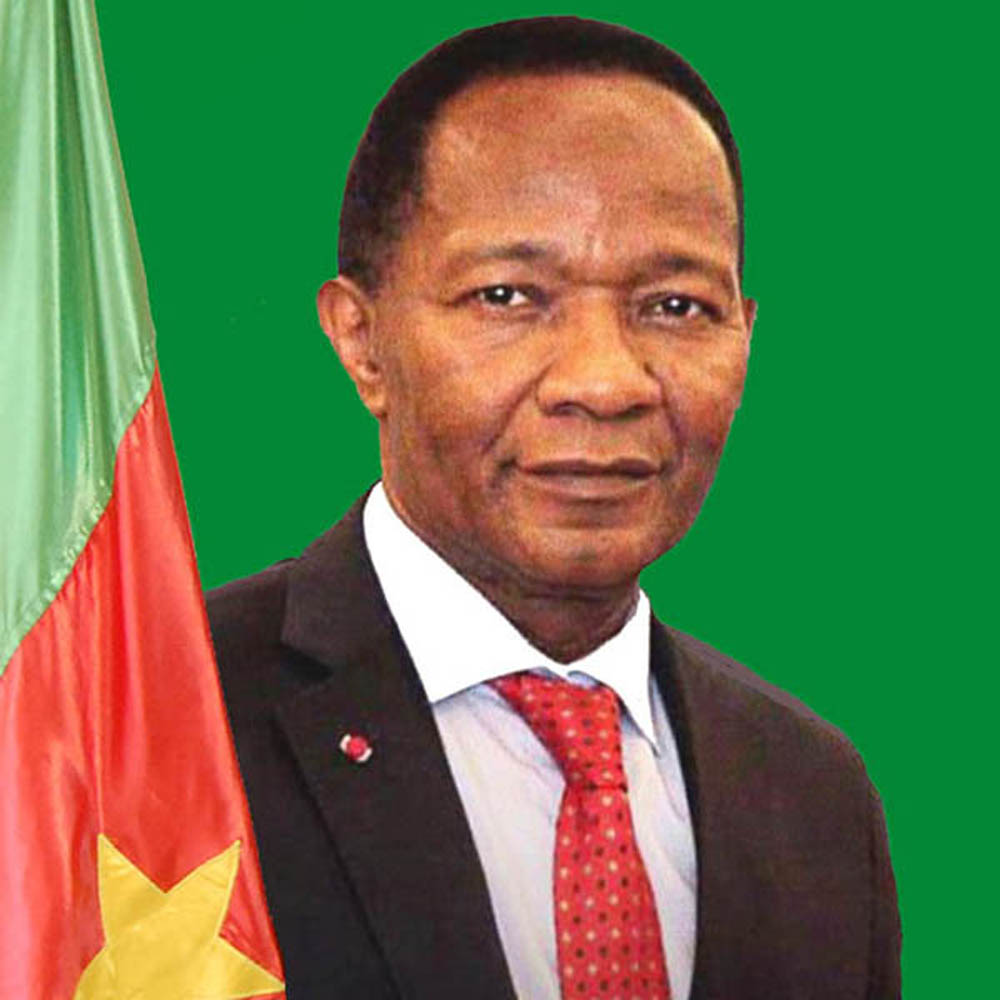
Jean Blaise Gwet never intended to enter the political arena. His early ambitions were firmly rooted in entrepreneurship — building businesses, generating employment, and contributing to Cameroon’s economic vitality through innovation and value creation.
A firm believer in the transformative power of private enterprise, he hoped to remain a “silent builder,” away from the limelight.
But Cameroon’s complex socio-political landscape — and his own family history — soon pulled him in another direction.
The son of NSOGA Nicolas, a freedom fighter aligned with Cameroon’s early independence movements, Gwet grew up with a legacy of resistance.
His father was a victim of the post-colonial crackdowns that scarred the country’s formative years. For Gwet, the path to national transformation proved inseparable from the political structures that govern the economy.
“In a country where the economy is tightly controlled by an aging government, it is impossible to achieve lasting transformation without affecting the political foundations,” he has said.
His decision to enter politics was not a calculated pivot, but, in his words, “a painful choice.” He recounts years of battling administrative bottlenecks, unfair regulations, and barriers that stifled local entrepreneurs. Many in his position may have opted for exile — but Gwet stayed, choosing to fight from within.
In 2009, he founded the Patriotic Movement for Change in Cameroon (MPCC) — a party aiming to rekindle civic consciousness and push for ethical, democratic, and economic renewal. Its emblem, a white dove on a red and green background, reflects a dual vision: peace and sovereignty.
Rejecting populism and personality cults, Gwet insists on strong institutions, separation of powers, and robust investment in education, health, and local enterprise. Now a presidential candidate, he offers more than a campaign — he represents a rupture from decades of entrenched governance.
Observers describe him as rigorous and methodical, a man of vision deeply familiar with African economic dynamics. Political opponents cannot credibly accuse him of corruption or opportunism — his reputation rests on integrity, entrepreneurial success, and historical awareness.
For a nation weary of unfulfilled promises, Jean Blaise Gwet’s emergence offers a sober, hopeful alternative. His name, which translates to “war,” has come to signify a new kind of struggle — one for justice, dignity, and popular sovereignty.



